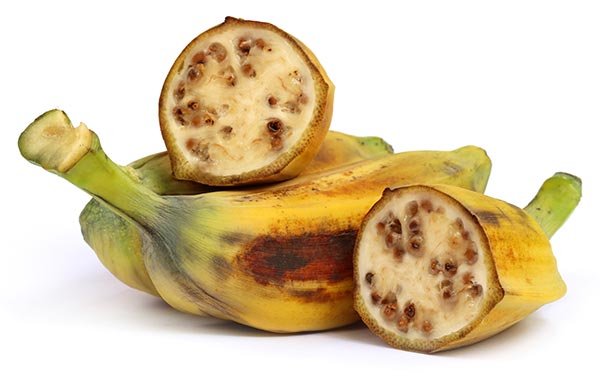Study: Regular consumption of citrus fruits can reduce dementia risk by 15%
08/02/2022 / By Zoey Sky

Dementia continues to affect more people worldwide, and countries with aging populations like Japan are especially vulnerable. To address this matter, researchers from Tohoku University studied the health benefits of eating citrus fruits.
According to the study findings, regular consumption of citrus fruits like oranges, grapefruits, lemons or limes could help reduce the risk of dementia among older adults by almost 15 percent. The research team hopes that the dietary approach could be both a simple and effective solution for dementia prevention.
When incorporated into a balanced diet, citrus fruits can help improve your overall well-being. Citrus fruits are full of vitamin C, a nutrient that strengthens your immune system and keeps skin smooth and elastic. One medium-sized orange has all the vitamin C you need in a day.
Citrus fruits also have good amounts of other vitamins and minerals that your body needs to function properly, such as copper, magnesium, phosphorous, potassium and B vitamins.
Citrus fruits are also full of plant compounds with many health benefits, including anti-inflammatory and antioxidant effects. Over 60 varieties of flavonoids, carotenoids and essential oils are behind many of citrus fruit’s health benefits.
Citrus fruits, flavonoids and brain health
The edible parts of citrus fruits are full of flavonoids.
Findings from some cell and animal experiments have shown that citrus flavonoids can cross the blood-brain barrier and play a part in antioxidant and anti-inflammatory actions. Earlier studies suggest that this could help reverse and repair some forms of cellular damage.
Before the Tohoku University study, only one cross-sectional study had been done, with results suggesting that a high intake of citrus fruits is positively associated with better cognitive function.
The Tohoku University research team performed statistical analysis using data from the Ohsaki Cohort 2006 study to take a closer look at the link between citrus consumption and incidence of dementia.
The Ohsaki Cohort 2006 study involved Japanese participants aged 65 and older. The volunteers were living in Ohsaki City, northeastern Japan, on December 1, 2006.
Researchers conducted a baseline survey to collect data on the frequency of citrus fruit consumption in the community. They then followed up with 13,373 responders in 2012 to find out how many in the cohort had developed dementia within six years.
The survey included different questions about the dietary and lifestyle habits of the participants.
The responses related to the consumption of citrus were broadly classified into three groups:
- Those consuming citrus fruits less than two times a week.
- Those consuming citrus fruits three to four times weekly.
- Those consuming citrus fruits almost every day.
The researchers also characterized the baseline of other factors that may be linked to dementia like cognitive functions, motor functions and psychological distress. The primary outcome was the onset of dementia as defined by the Long-term Care Insurance system, a mandatory form of national social insurance used in Japan.
Yasutake Tomata, a lecturer at Tohoku University, and Professor Ichiro Tsuji led the research team. They did analyses to assess whether their finding was an artifact of reverse causality.
The researchers are hopeful for the potential use of the data from the study, but they acknowledged that more factors must be considered before a definitive conclusion about citrus consumption and dementia can be reached.
Some of the factors include the causes of dementia, along with demographics and the location of the study group.
Follow a balanced diet and eat citrus fruits to boost your overall health.
Visit Brainhealthboost.com to read more articles with tips on how to boost brain health.
Watch the video below to learn more about how citrus fruits can help prevent dementia.
This video is from the Natural News channel on Brighteon.com.
More related stories:
Study: Choline helps improve cognitive performance in the elderly.
Phytochemical in apple peels found to boost brain health.
Vitamin C: An essential nutrient for good overall health.
Sources include:
Submit a correction >>
Tagged Under:
alternative medicine, anti-aging, brain health, citrus fruits, dementia, food is medicine, food science, fruits, functional food, natural health, natural medicine, nutrients, organics, phytonutrients, prevention, research
This article may contain statements that reflect the opinion of the author
RECENT NEWS & ARTICLES
FoodIsMedicine.com is a fact-based public education website published by Food Is Medicine Features, LLC.
All content copyright © 2018 by Food Is Medicine Features, LLC.
Contact Us with Tips or Corrections
All trademarks, registered trademarks and servicemarks mentioned on this site are the property of their respective owners.




















